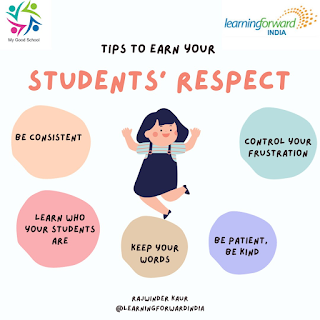Q. What are the most common instances of dishonest behaviour shown by students in the class?
A. Dishonest behaviour, also known as academic misconduct, refers to any act that violates the rules of integrity. It can relate to any type of academic activity such as learning, teaching, researching, etc. Some of the common reasons that push students to break the rules of the ethical code include but are not limited to:
- Poor time management
- Academic overload
- Lack of interest in a certain subject
- Desire to live up to high expectations
- Fear of failure
- Cheating
- Using personal notes, course books, or mobile phones during a closed-book examination
- Copying answers from other students
- Letting somebody copy answers from you
- Communicating with other students during a test
- Sabotage
Major causes of academic cheating:- Many reasons push students to cheat. The most common of them include poor time management, fear of getting a low grade, desire to help peers, pressure from parents and teachers, disinterest in a particular subject, etc.
To prevent the students from breaking the ethical code, it’s crucial to build trustful relationships with them and explain to them the importance of academic honesty.
Lying:
- A student may lie to avoid punishment.
- A student may lie to achieve a reward.
- Students may lie to feel better about themselves.
- A student may lie to protect others.
- A student may lie in order to hurt others or get even.
- A student may lie in order to be accepted into a group or become popular.
As teachers, we should always reinforce the importance of being honest. Whether we teach 1st grade or 11th grade, our goal should be to ensure that each one of our students understands, care about, and practice being honest until the day they are being honest because that’s just who they are and want to become. Honesty has become part of their identity. Inspiring our students to go out into the world as honest and trustworthy individuals is one of the best lessons we can impart.
Q. How far is it true that you must show respect to earn respect in the classroom? Give an instance.
A. It's unclear if students actually respect teachers less than they used to, but people certainly perceive it that way. Of course, it's possible that people remember their own school experiences with a bit of nostalgia, and not all schools are the same, so it's hard to tell whether or not kids today really are different than they were in the past.
As a teacher, it is important to show respect to your students in order to earn their respect. When you show respect, you are setting the tone for the class and creating a positive learning environment. You are also modelling the behaviour that you expect from your students.
There are many reasons why it is important to show respect to your students. First of all, when you treat your students with respect, they are more likely to behave respectfully towards you and others in the classroom. Secondly, when you show respect to your students, they feel valued and appreciated. This can motivate them to work harder and learn more. Finally, when you are respectful towards your students, it builds trust between you and them. This trust can be beneficial in terms of establishing open communication and fostering a positive relationship.
We as teachers are always looking for new ways to earn the respect of our students. Celebrating successes together is one way to do this. When teachers and students celebrate successes together, it helps to build a rapport and shows that the teacher respects the students. It also helps the students to see that they are working towards a common goal. Either way, teachers who treat students fairly and kindly will always command respect in the classroom. respecting kids includes attention, consideration, concern, and appreciation.
"Young people are dignified and strengthened by adult respect, "Earning your students' respect requires you to be consistent, keep your word, control your frustration, learn who your students are, be patient, speak in a normal tone of voice, and be kind. As a teacher, it is important to remember that your students are looking to you for guidance and support.
In order to earn their respect, it is crucial that you be genuine and sincere when interacting with them. This will help create a positive and supportive learning environment where your students can thrive. Show them that you care about their well-being. This can be done in a variety of ways, including connecting with them on a personal level (e.g., by sharing personal stories and experiences), providing feedback on their work, and asking them how they’re doing.
There was a boy in my class. He was excessively talkative. He even engaged the other students in his talks. I made him understand by all means like by being polite and sometimes even by scolding him not to talk that much. But he never understood that. He didn't like it when I used to tell him to stop talking. Slowly he started disobeying me in the class.
Then I decided to make him the monitor of the class. He enjoyed quieting the other students who were talking in the class. He loved to shoulder this responsibility. He thanked me for making him the monitor of the class. Whenever I assigned him any duties, he happily fulfilled them all; in this way, I was successful in gaining the respect of my student.
Rajvinder Kaur @KNPS Phagwara

